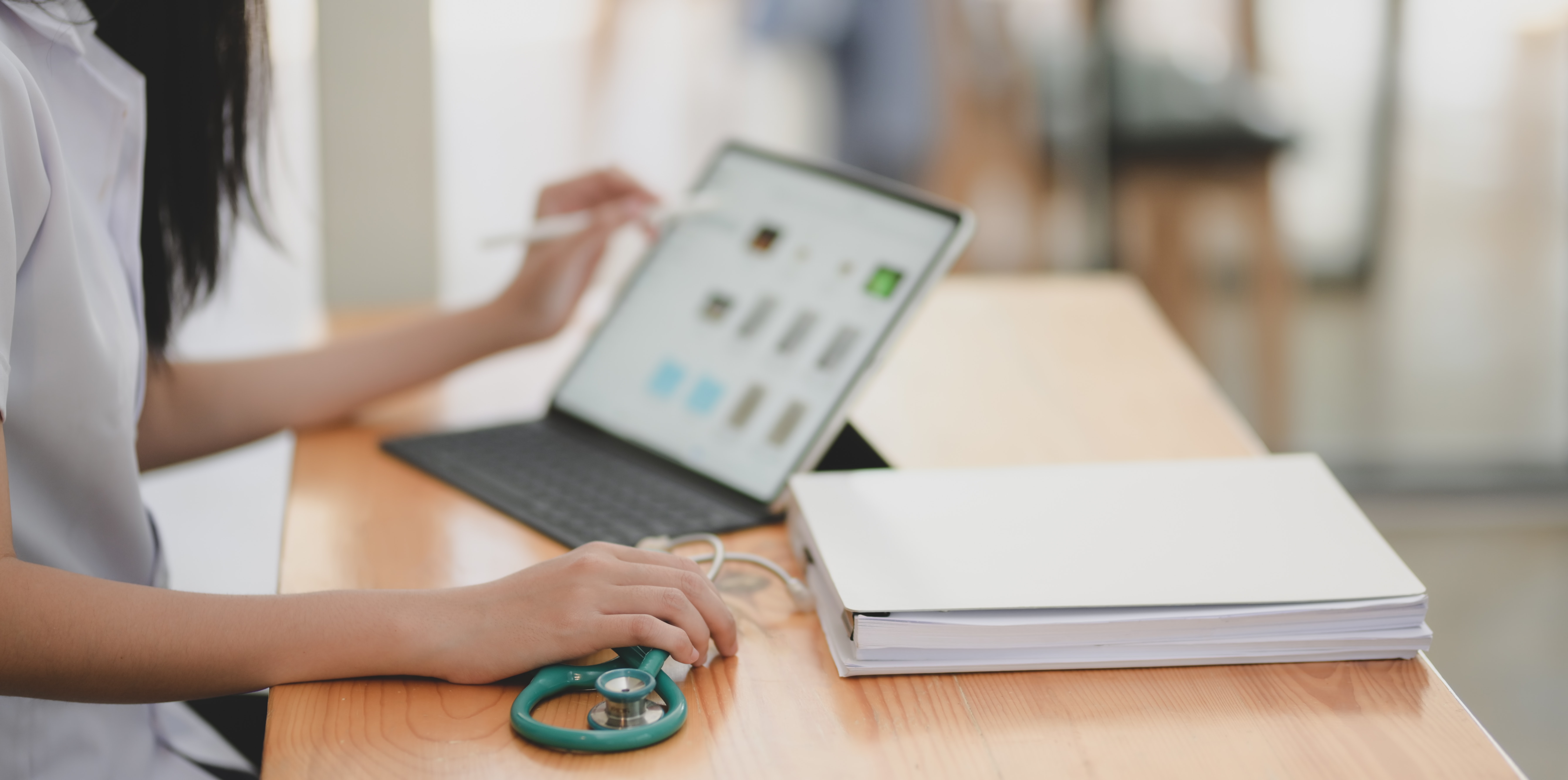

Understanding the optimum blend between telehealth and face-to-face consultations

Consumers are no longer finding the choice between face-to-face consultations and telehealth as binary when wanting to see a primary healthcare provider or visit a doctor and are evaluating their options to find the optimum blend between the two.
The Global Centre for Modern Ageing (GCMA) has found people are increasingly taking personal and medical situations into account when booking appointments, during the third phase of research tracking older Australians’ response to COVID-19 restrictions and their interaction with telehealth.
The GCMA’s The Future of Telehealth – Refining The Blend compares Australians’ telehealth experience to face-to-face consultations, and the video experience to telephone. It looks at differences in response across all age groups with a focus on older Australians, and importantly, incorporates contexts such as the nature of the appointment and relationship with the health professional.
The report found lower satisfaction with telehealth when there was no existing relationship with the practitioner. This is topical because eligibility to claim the still-temporary telehealth Medicare benefits is contingent on the patient having at least one face-to-face consultation in the past 12 months, or with another GP at the same clinic (exemptions apply).
The research detected lower satisfaction levels for telephone appointments addressing new physical conditions, as opposed to an ongoing condition, or to have a health and lifestyle conversation. This suggests the purpose of the consultation should be considered during health funding policy discussions.
The power of choice and whether or not choice is shared with the consumer is also important.
The report found older Australians were less likely than younger people to be offered a face-to-face option at a similar time to their telehealth booking. Older people were also less likely than younger people to use telehealth through an Apple device, pointing to the importance of a device-agnostic approach to telehealth to maximise accessibility.
Of the respondents, 88 per cent aged 60 or older said they were satisfied with their video telehealth consultation, and 77 per cent were satisfied with their telephone appointment. However, many more experienced telehealth via telephone than video.
Older people were more likely to use face-to-face medical consultations than younger people, which could be explained by factors including co-morbidities (multiple health conditions) being more common among older people, necessitating physical examinations. These factors warrant further research.
In the report, 59 per cent of all respondents and 53 per cent aged over 60 said it was important for healthcare professionals to provide telehealth services, suggesting the level of support for telehealth funding should continue beyond September.
“Our latest research suggests that the key to telehealth success is in the blend, and understanding how it can be integrated with existing approaches to offer new models of care that optimise the clinician and patient experiences,” GCMA Chief Executive Julianne Parkinson said.
GCMA researchers conducted the online study in July 2020. The report, The Future of Telehealth – Refining The Blend can be downloaded at www.gcma.net.au.
The GCMA is not-for-profit based in Adelaide and is dedicated to improving the lives of older people.
About the Global Centre for Modern Ageing
Through advocacy, market development, partnerships, research and learning, the Global Centre for Modern Ageing is committed to improving the lives of older people.
The GCMA works closely with organisations and individuals to devise, build and commercialise products and services that allow older people to live and age well.
Located at South Australia’s Tonsley Innovation District, the GCMA operates LifeLab – a leading, real-time test facility that allows businesses and research partners to invent and trial products and services for older people in a simulated ‘real-life’ environment.
For media enquiries, contact: Verity Edwards at verity@hughespr.com.au or 0412 678 942.
Recent News
- $48M affordable housing hub revives beachside site
- Covid success story: SA digital transformation start-up expands interstate
- Industry leader Mark Smith appointed National Pharmacies CEO
- Mellor Olsson appoints new CEO
- Indonesia AirAsia touches down in Adelaide, enabling affordable connectivity across Asia via Bali
- Playgroup reimagined: Elders and children connct at ACS's Aboriginal aged care home
- Apartment living reaches new heights with $120 million Parkline development topping out
- A Fresh Take on Strawberries: Premium Packaging that Looks as Good as it Performs
- Paper & board packaging leader unboxes new global HQ in Adelaide
- Lutheran Homes Group brings its high-quality aged care to regional Victoria in historic expansion
- Blog: The growing AI threat - what it can mean for your brand and reputation
- CH4 Global named as one of the world’s top Sustainable Development Goal leaders
- Scotch AGS Vietnam’s inaugural SACE graduates go global
- Gen Z and the future of AI
- Qantas international services return to Adelaide
- Blog: Let’s get (a)political: all you need to know about elections and public relations
- The world’s most valuable dog toy revealed in the lead up to Guide Dogs Day
- Skytrax names Adelaide as best regional airport in Australia & Pacific region
- Indonesia AirAsia To Touch Down in Adelaide for the first time in June Fares on sale today starting from just AUD$199*!
- ‘Sleep hygiene’ stocktake critical for women in daylight savings change over








